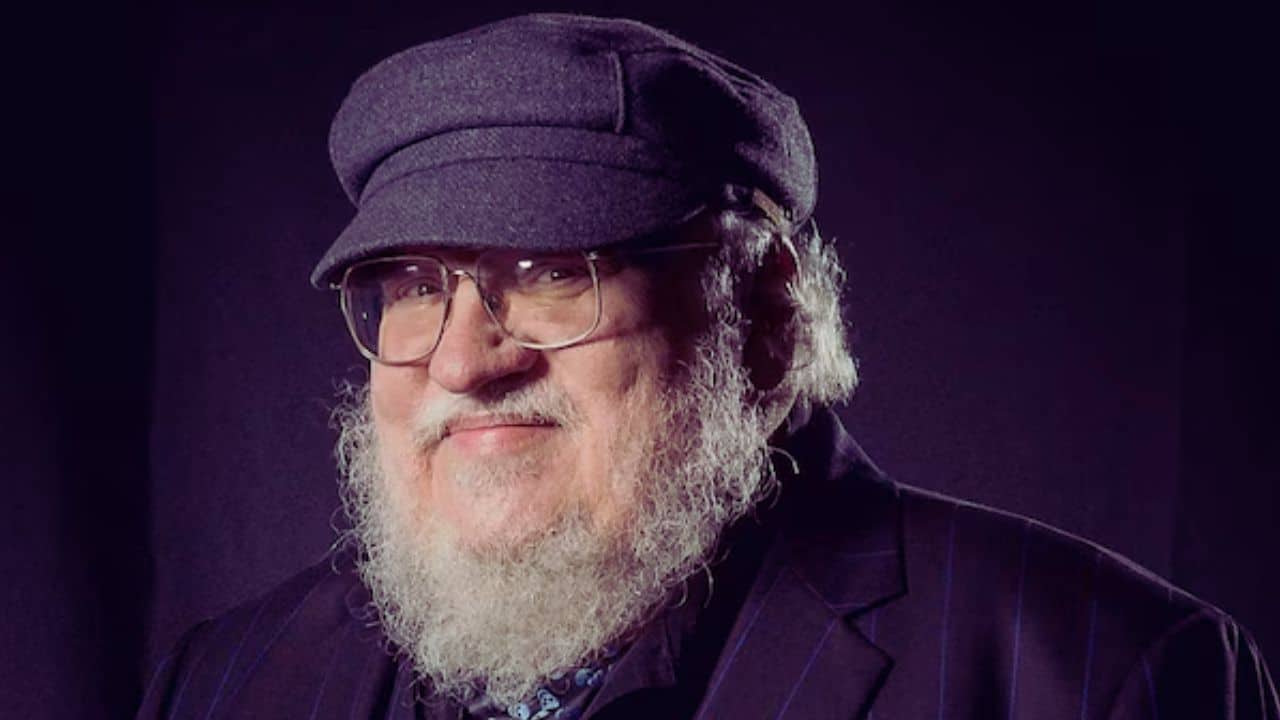HBO has officially addressed concerns raised by George R.R. Martin, the celebrated author behind the A Song of Ice and Fire series, regarding some of the creative decisions made in the television adaptation of his 2018 novel Fire & Blood, titled House of the Dragon. This series, which debuted in 2022, explores the complex history of the Targaryen dynasty, set centuries before the events of Game of Thrones.
Martin’s Blog Post: A Critique of Key Omissions
In a blog post that was reportedly taken down shortly after its publication, Martin expressed his disappointment with some of the creative choices made by HBO and showrunner Ryan Condal. According to reports from Variety and screenshots captured before the post’s deletion, Martin’s primary criticism revolved around the omission of a pivotal character—Maelor Targaryen, the young son of Helaena Targaryen (played by Phia Saban) and King Aegon II (played by Tom Glynn-Carney). In the book Fire & Blood, Maelor plays a significant role in the political and emotional tension within the Targaryen family, and his absence in the show, according to Martin, diminishes the emotional depth of certain key scenes.
The omission of Maelor, according to Martin, had far-reaching consequences for the narrative and the emotional impact on viewers, particularly in scenes that are designed to resonate with the audience. Martin highlighted that not having Maelor in the show strips away some of the nuance and emotional weight of specific events, not only in the current season but also in future episodes.
While Martin’s criticism was detailed and specific to the changes made, it also appeared to reflect a broader concern with how the adaptation was being handled. In a separate blog post, which remains live, Martin hinted that he had planned to elaborate further on “everything that’s gone wrong” with the show. This earlier post hinted at a more in-depth critique of the series, indicating that Maelor’s omission was just one of several creative decisions that he was unhappy with.
HBO’s Official Statement: Addressing the Creative Process Behind House of the Dragon
Following Martin’s comments, HBO released an official statement on Wednesday in response to his critique. The network, which shares a long-standing partnership with Martin, emphasized its respect for the author while defending the creative choices made by Condal and his team.
In their statement, HBO acknowledged the inherent challenges of adapting a dense and expansive book like Fire & Blood into a television format. The statement read:
“There are few greater fans of George R.R. Martin and his book Fire & Blood than the creative team on House of the Dragon, both in production and at HBO. Commonly, when adapting a book for the screen, with its own format and limitations, the showrunner ultimately is required to make difficult choices about the characters and stories the audience will follow.”
The network underscored that adaptations often require compromises and changes to the source material due to the differences between literature and television. It continued to affirm that Ryan Condal and his team have navigated these challenges well, saying, “We believe that Ryan Condal and his team have done an extraordinary job, and the millions of fans the series has amassed over the first two seasons will continue to enjoy it.”
Condal’s Perspective on Maelor’s Absence: Balancing Time and Age Constraints
Ryan Condal, the showrunner of House of the Dragon, has also addressed the decision to omit Maelor Targaryen from the series. During an appearance on the Official Game of Thrones Podcast: House of the Dragon, Condal explained the reasoning behind this creative choice.
Condal revealed that Maelor’s exclusion was primarily due to practical constraints. Given the timeline of the events covered in the show and Maelor’s young age, including the character would have required multiple recastings, as the series spans several years within the Targaryen family’s history. Condal admitted that such time jumps and age changes posed significant challenges for maintaining consistency in the show’s cast. To avoid these complications, the decision was made to remove Maelor from the narrative altogether.
“It did have a ripple effect,” Condal acknowledged. “And we decided that we were going to lean into it and try to make it a strength, instead of playing it as a weakness.”
Condal went on to express his understanding that changes like this can impact the storytelling and viewer experience, especially for those familiar with the source material. However, he also emphasized that these adaptations are often necessary to balance the storytelling demands of television with the expansive nature of the original book.
Martin’s Perspective: Book Readers vs. TV Viewers
While Maelor’s omission might seem minor to some viewers, Martin’s blog post highlighted that the decision had a significant impact on fans of the books, who are more familiar with the character’s role in the overall story. Martin’s critique suggested that readers of Fire & Blood would likely notice the absence and feel its consequences more deeply than those who had only watched the show.
However, in his post, Martin also expressed confidence that viewers unfamiliar with the books would still find the scenes emotionally powerful. He noted that while some of the finer details from the book were lost in the adaptation, the show still managed to create emotional resonance, even without Maelor’s presence.
“Viewers who had never read the book would still find the scenes heart-wrenching,” Martin wrote, emphasizing that the emotional core of the story remained intact despite the changes.
The Ongoing Challenge of Adapting Martin’s Complex World
The debate over the omission of Maelor Targaryen is just one example of the challenges faced by the creative team behind House of the Dragon. As with Game of Thrones, the task of adapting Martin’s complex, multi-layered world into a television series involves making tough decisions about which characters and plotlines to prioritize and which to omit.
Fire & Blood itself is a sprawling historical text, chronicling generations of the Targaryen dynasty, with numerous characters and intricate political dynamics. Adapting such a vast work into a coherent and engaging television series was never going to be an easy task. Condal and his team have had to make numerous changes along the way, some of which have been met with criticism from fans and, in this case, from Martin himself.
Despite these challenges, House of the Dragon has enjoyed immense success, with millions of viewers tuning in to follow the rise and fall of the Targaryen family. The show, which stars Olivia Cooke, Emma D’Arcy, and Matt Smith, has been praised for its performances, production design, and intricate plotting, even as it continues to navigate the complexities of its source material.
The Future of House of the Dragon: What Lies Ahead
As House of the Dragon moves forward, the debate over creative choices like the omission of Maelor Targaryen is likely to continue. Fans of both the books and the show have passionate opinions about how the adaptation should unfold, and the creative team will undoubtedly face more difficult decisions as the series progresses.
HBO remains confident in the show’s future, expressing hope that the fan base will continue to grow and engage with the story, despite some of the changes made in the adaptation process.
“Millions of fans the series has amassed over the first two seasons will continue to enjoy it,” HBO’s statement concluded, underscoring the network’s belief that House of the Dragon will remain a cultural phenomenon, much like Game of Thrones before it.




































